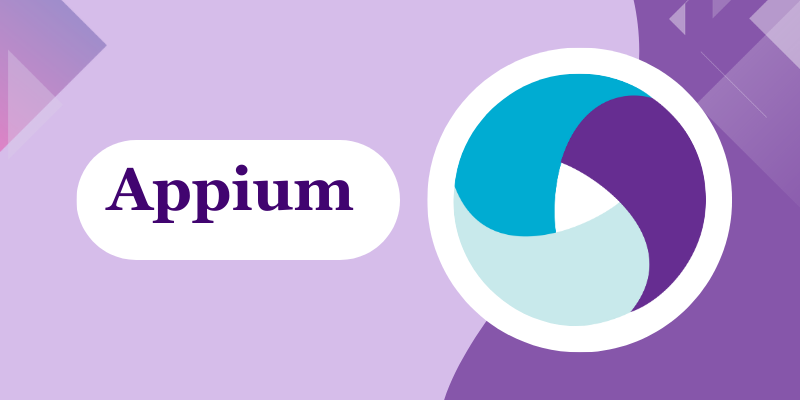Mobile app testing is essential to the software development lifecycle, ensuring applications run seamlessly across different devices and platforms. As the demand for cross-platform testing solutions rises, Appium has become popular among developers and testers. If you want to enhance your skills in Appium, consider Appium Training in Chennai offered by FITA Academy could be beneficial. This blog post will explore the pros and cons of using Appium for cross-platform mobile testing, shedding light on its strengths and limitations.
Pros And Cons of Using Appium
Pros of Appium for Cross-Platform Mobile Testing
Open Source Advantage: Appium is an open-source automation framework that allows developers and testers to access and modify the source code according to their needs. This open nature fosters collaboration and community support, leading to continuous improvement and updates.
Cross-Platform Compatibility: One of the primary advantages of Appium is its ability to support cross-platform testing. Whether you’re developing iOS, Android, or Windows applications, Appium allows you to write test scripts in a single language (like Java, Python, or JavaScript) and execute them across multiple platforms, saving time and effort.
Wide Language Support: Appium supports various programming languages, making it accessible to a broad audience of developers and testers. This versatility allows teams to leverage their existing skill sets and choose the language that aligns best with their project requirements.
Native Application Testing: Appium facilitates testing native, hybrid, and mobile web applications, providing a comprehensive solution for different app types. For businesses with a wide range of applications, this adaptability is essential.
Integration with Continuous Integration Tools
Appium seamlessly integrates with popular CI tools like Jenkins, allowing for automated and continuous testing as part of the development pipeline. This integration helps teams identify issues early in development, promoting faster feedback and efficient bug resolution. For those eager to delve deeper into Appium, specialized Appium Training programs offer comprehensive knowledge insights.
Cons of Appium for Cross-Platform Mobile Testing
Learning Curve: While Appium is versatile, its learning curve can be steep for beginners. Setting up and configuring the framework and understanding its various components may require time and effort.
Limited Support for Older OS Versions: Appium’s support for older versions of mobile operating systems might be limited. This could pose challenges for projects that must be compatible with older devices or operating system versions.
Complex Setup for iOS Testing: Configuring Appium for iOS testing can be more complex compared to Android. Setting up an iOS testing environment often involves additional requirements, such as Xcode and developer provisioning profiles.
Dependency on Third-Party Tools: Appium relies on third-party tools like Selenium WebDriver and UI Automator for automation on different platforms. While these tools enhance functionality, they also introduce dependencies that may impact stability.
Appium is a robust cross-platform mobile testing solution with its open-source nature, cross-platform compatibility, and support for multiple programming languages. However, teams must be mindful of its learning curve, potential challenges with older OS versions, and dependencies on third-party tools. If you are looking to enhance your skills, consider enrolling in a reputable Training Institute in Chennai that specializes in Appium, providing hands-on training and valuable insights to accelerate your proficiency in cross-platform mobile testing. By carefully weighing the pros and cons, organizations can decide whether Appium aligns with their specific cross-platform testing needs.
